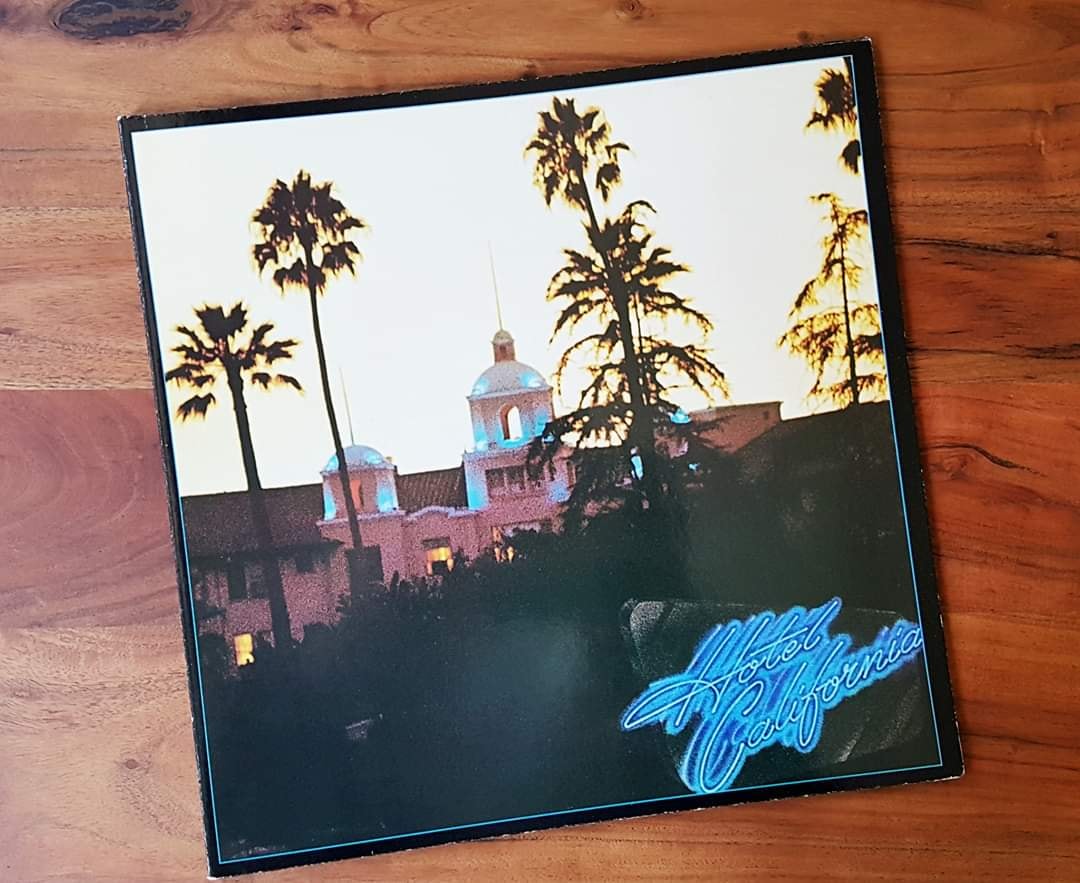The album shows a band in transition: it was their first record without founding member Bernie Leadon and their first with rock guitarist Joe Walsh. Don Henley established himself as the dominant voice of the band during this transitional period, both as a singer and lyricist. Without Leadon, the band moved even further away from their country rock roots and opened up more to mainstream rock without losing their pop sensibility.
The special thing about this album, but especially its title song, is that it reflects the spirit of the times, but also the melancholy of the approaching end of an era. A feat that besides The Eagles only Fleetwood Mac with “Rumours” succeeded in the 70s. What had begun about ten years earlier with the hippie ideals of Peace & Love in the Laurel Canyon had long since degenerated into lived hedonism in the air-conditioned houses of LA – a generation had finally grown up and The Eagles provided the soundtrack.
“Hotel California” is not at least a sound manifesto of an era that paid homage to hifi. The band spent a full eight months in the studio with producer Bill Szymczyk to record this pinnacle of the Californian studio sound.
The band itself wanted to understand “Hotel California” as a metaphor for the perceived decline of America. Rarely has a message of decline been set to a more beautiful sound than in the title song of this album. Last but not least the double electric guitar work of Walsh and Felder makes this song a true classic.
The Eagles also knew that it could hardly get any better after that. Bassist and singer Randy Meisner left the band shortly after. Three years later “The Long Run” followed, all in black. After that the band and the 70s were history.

